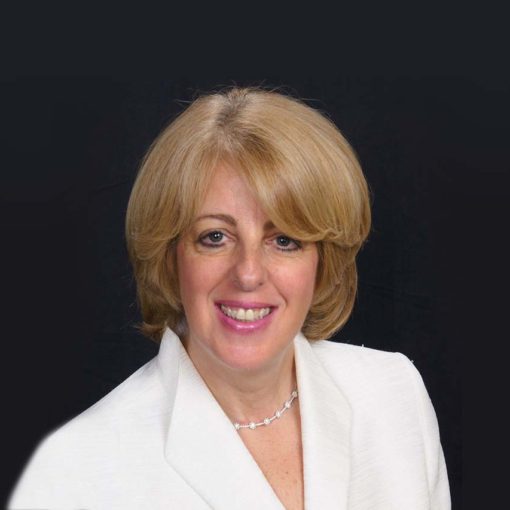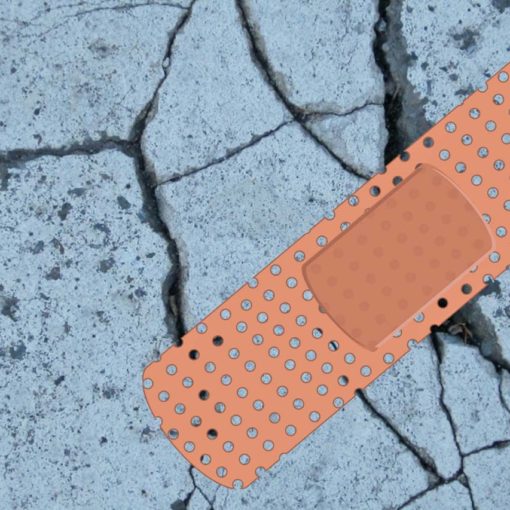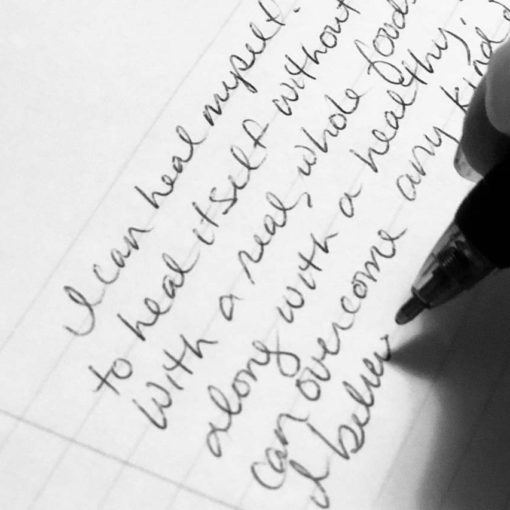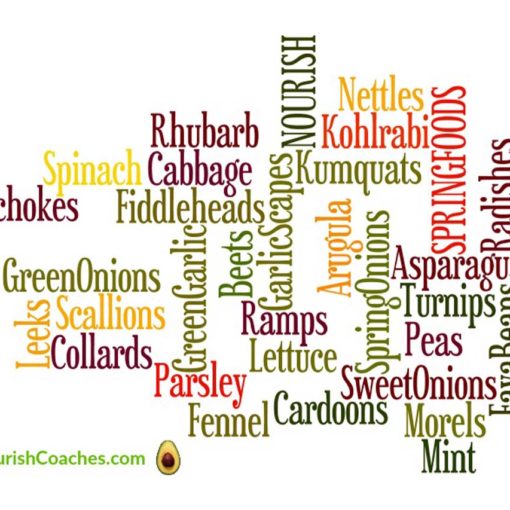Clearing up the chatter on decaf
Debbie Peterson, Nourish Coaches
Maybe you’ve noticed some artisan coffee roasters don’t make decaffeinated coffee. Or maybe you’ve heard that decaffeinated coffee is “bad.” Perhaps you don’t see the point in decaffeinated coffee. Those were all thoughts I had at one time. Thankfully, I don’t get “hooked” on coffee. I am able to have a cup once in while and enjoy it, not “needing” it every morning or wanting it every day. I realize I am in the minority.
Don’t get me wrong, I love coffee. I really do enjoy the rich, smooth smell, the smoky, nutty, bitter velvet taste and the pick-me-up it provides every so often. I especially love going into my favorite coffee house and seeing the cheerful baristas that custom brew my cup-o-joe. The atmosphere there is friendly, welcoming, and comforting.
But, for me, having coffee more than a few times a week results in painful mammary discomfort that is just not worth it. So, I can either avoid coffee altogether, have it seldomly, or enjoy decaffeinated a little more often.
What? Decaffeinated coffee? Coffee that is de-natured? What about my philosophy about real, whole foods? I am always touting leaving fat in dairy products, avoiding processed foods and drinks, and staying as close to nature as possible. The coffee bean has naturally occurring caffeine. Many aficionados claim it unnatural and refuse to make it or sell it. I get it. And I agree–somewhat. It is de-natured. Any processing of food from its natural state is unnatural and potentially unhealthy. So, I looked into what the story is. I am not ready to give up coffee completely or have it only once or twice a month.
First of all, decaffeinated coffee isn’t void of caffeine. By USDA regulations (for whatever they are worth) it needs to be at least 97% caffeine free. So, depending on your sensitivity, you may not be able to simply substitute your seven cups of coffee with decaf and be OK.
All decaf coffee processes use water. So, advertizing on the package about it touting water as their process is like saying advertising an apple as gluten-free. Originally, when decaf was first invented, a toxic solvent was used, but that was banned a long time ago.
It’s not easy to take caffeine out of coffee beans without compromising texture and taste. There are over 1,000 chemicals in coffee that interact with each other synergistically to make that wonderful taste. To isolate caffeine and extract it by itself is quite a challenge.
There are solvent-based processes and non-solvent based processes. Within the solvent based category, some solvents are used directly on the coffee beans and others never touch the coffee beans. Either way, they are considered by the FDA (for whatever that’s worth) to be safe. I’m not convinced.
Organic coffee uses non-solvent based processes, most popularly the Swiss Water Process. On the packaging of organic decaf coffee, you’ll see SWISS WATER, ensuring this is the processed used. Because I only drink organic coffee, this is the one most familiar to me and most acceptable. There’s a little video on the site link below explaining this process.
Another way to decaffeinate coffee is using CO2, which seems safe, but is costly and mostly used by big commercial companies making mass amounts of coffee for supermarket sales.
It seems that decaf coffee doesn’t have to be unhealthy. It still contains all the nutrients and minerals of regular coffee and so the benefits that are touted by doctors, scientists, nutrition gurus and the like are still there. The taste, maybe not so much. But, unless you are a true coffee aficionado, you may not be able to tell the difference, especially if you stick to the less than dark roasts.
I got most of this information from a great site called Coffee Confidential, that I suggest you check out for much more detailed information (plus the video on the Swiss process). Then you can make your own decision. And me? Writing about coffee has made me want some! I think I’ll go to my favorite coffee shop now and get a cup of organic decaf.







One thought on “The Story of Decaffeinated Coffee”
Nice post.